+ JMJ +
St. Seraphin of Monte Granaro
(1540-1604)
Feastday: October 12
"The Saint is dead! The Saint is dead!"
He wasn't exactly the best groomed of saints! His fellow countrymen described him with these words: “His beard and hair were always ruffled … his breath smelled dreadful … his habit, covered in patches, always slipped down a little on his left side, making his hair-shirt visible … his neck was always covered with a burning rash or eczema … he never ever wanted to be touched on the shoulders … he had a great love for flowers and children.”
 And
these children of Ascoli Piceno, whom the old Capuchin had always loved
so tenderly, were the first to announce the news of his death. In
fact, when he died, in 1604, his fellow Capuchins had first thought of
burying him quietly, lest news of his death draw too big a crowd to the
friary for his funeral. But somehow the children got wind of the news
and round the town they went crying aloud: "The Saint is dead! The Saint
is dead!"
And
these children of Ascoli Piceno, whom the old Capuchin had always loved
so tenderly, were the first to announce the news of his death. In
fact, when he died, in 1604, his fellow Capuchins had first thought of
burying him quietly, lest news of his death draw too big a crowd to the
friary for his funeral. But somehow the children got wind of the news
and round the town they went crying aloud: "The Saint is dead! The Saint
is dead!"'Saint', 'wonder-worker', 'prophet' - these are but some of the exalted titles by which people were referring to Brother Seraphin of Monte Granaro long before he died. And after his death the wonders did not cease, but only seemed to increase. 46 years earlier, he had entered the Capuchin novitiate at Jesi, introducing himself with these prophetic words: "I have nothing but a crucifix and a rosary. With these I hope to benefit the Brothers and become a saint."
A Clumsy Young Man
He was a young man of eighteen then but, despite his best efforts, he had never been very of practical use to anyone or skillful at anything, except perhaps praying. He was born at Monte Granaro in the Central Italian region know as the Marches of Ancona, around 1540, the second of Jerome de Nicola and his wife Theodora's four children. His father, Jerome was a builder by trade, but found it hard to eke out a living. This boy who was baptized Felix, was, at a young age, sent to work on a neighbouring farm, so as to earn some extra income for the family. In the countryside, with only sheep for company, he developed a love for silence, solitude, prayer and meditation. But when his parents died, and his brother, Silenzio took over the family business, Felix was called back home to help with the building work. He was, however, a clumsy young man, totally incapable of learning any of the building skills, his brother tried to teach him. Even as a mere hod carrier, his innate clumsiness got the better of him and he was regularly scolded and badly beaten by his bad-tempered older brother.
He gradually began to feel a desire to withdraw to some lonely place and dedicate himself to God alone, in a life of prayer and mortification, like Desert Fathers did of old. One day while he was telling Lois Vannucci, a girl from nearby Loro Piceno, she suggested he could find just such a life with the newly established Capuchin Friars Minor, who had a friary at Tolentino, not very far away.
 Early Years as a Capuchin
Early Years as a CapuchinAnd so, Felix, then 16 year old, made his way to the Capuchin Friary and asked to be admitted to the Order. His request was refused then, but he tried again two years later, in 1558, and this time he was admitted. Now known by the religious name of Brother Seraphin of Montegranaro, he spent his novitiate year at Jesi novitiate friary and one year later he made perpetual profession there.
Despite his high hopes and intense prayer life, things did not go smoothly for this newly professed Capuchin Brother during his first years in religious life. His natural awkwardness and clumsiness still continued to blight the various ministries of fraternal service to which he was assigned, bringing upon himself the reproval of his Ministers and fellow Capuchins, as well as many humiliations, penances and frequent changes of address. His inability to satisfactorily perform the various tasks assigned to him was, in fact, one of the main reasons he had to be reassigned so often. He lived for a short time in many of the Provinces local fraternities, at places like Loro Piceno, Corinaldo, Ostra, Ancona, Sant' Elipidio and Montolmo. The precise chronology of his stays in these places is hard to determine. Finally, around 1589, he was moved to Ascoli Piceno where he spent the last 15 years of his life.
The Secret of his Holiness
Wherever he went great throngs of people flocked to see him, attracted by his obvious holiness and the fame of the miracles he worked. When the Brother Guardian of the Civitanova friary demanded to know the secret of his holiness and miraculous powers. This is the answer Brother Seraphin gave him. "When I came to the friary, I was a poor unskilled laborer, without ability and without aptitude: and this was the cause of so many humiliations and so many reproofs on which the Demon acted, causing the temptation to leave the Order and withdraw to the desert to enter my heart. I entrusted myself to the Lord and one night a voice came out from the Tabernacle, saying, "To serve God it is necessary to die to oneself and accept adversities, whatever the nature of these may be." I did accept them and offered to recite a rosary for those who inflicted them on me. The familiar voice from the same Tabernacle assured me, saying, "Your prayers for those who mortify you are most pleasing to me. I am ready, in exchange, to grant you every grace."
The Wonder worker
 And
oh! How many were the graces ensued? These were not primarily graces
given for his own personal benefit but for the good of others. Some
2000 pages of documentation for the process of his canonization contain a
list testimonies about these numerous graces and miracles brought about
by him. That list might even have been longer if one Guardian had not
commanded him to stop working miracles. People had only to kiss his
mantle, be touched by his hands, or even invoke his name, to be cured of
stubborn ailments and escape from impossible predicaments. Anything he
touched seemed to bring about miracles. Bread, oranges, grass, wheat,
lettuce, and especially his rosary beads, made from fennel and pieces of
pumpkin - all these became imbued with miraculous powers. In fact the
ordinary people had more faith in his rosary beads than they had in any
medicines city doctors might prescribe.
And
oh! How many were the graces ensued? These were not primarily graces
given for his own personal benefit but for the good of others. Some
2000 pages of documentation for the process of his canonization contain a
list testimonies about these numerous graces and miracles brought about
by him. That list might even have been longer if one Guardian had not
commanded him to stop working miracles. People had only to kiss his
mantle, be touched by his hands, or even invoke his name, to be cured of
stubborn ailments and escape from impossible predicaments. Anything he
touched seemed to bring about miracles. Bread, oranges, grass, wheat,
lettuce, and especially his rosary beads, made from fennel and pieces of
pumpkin - all these became imbued with miraculous powers. In fact the
ordinary people had more faith in his rosary beads than they had in any
medicines city doctors might prescribe.Some of Brother Seraphin's Healings
A mother brought once a young girl who had never been able to speak and asked him to cure her. "O Little Saint," he said "take her to the church to the altar of the Blessed Sacrament." A little while later when he saw the girl and her mother kneeling before the altar, he said to them "It is nothing!" and placing three fragrant roses in the girl's hand, he said to her mother "Take her home and you will see that she will be talking even more than you want her to." That evening during supper the little girl began to talk and talk, so much so that her parents were wondering how they might get her to shut up!
 A
canon of the Cathedral of Ascoli Piceno, Reverend Francis Panicci, was
suffering from a contagious skin disease which caused his hands to break
out in pus-filled spots and crusty scabs. He received all sorts of
medical treatment but the skin disease got worse instead of better, so
much so that he was no longer able to say Mass in public. One day he
decided to take a walk in the Capuchin friary garden, where he came upon
old Brother Seraphin, who took his hands in his, saying "Whose hands
are these? Are they perhaps the hands of a priest, of a canon even?"
Half jokingly the Canon asked him. "Will you give me some remedy,
Brother Seraphin!" Brother Seraphin plucked a fistful of grass from a
nearby meadow and began to rub it into the priest's hands until they
were green all over, saying over and over: "I want you to be healed, to
make these hands beautiful!" Though the hands did not get better there
and then the did feel better and softer afterwards. Within a fortnight,
the Canon's hands were perfectly restored to health and he was able to
say Mass publicly again.
A
canon of the Cathedral of Ascoli Piceno, Reverend Francis Panicci, was
suffering from a contagious skin disease which caused his hands to break
out in pus-filled spots and crusty scabs. He received all sorts of
medical treatment but the skin disease got worse instead of better, so
much so that he was no longer able to say Mass in public. One day he
decided to take a walk in the Capuchin friary garden, where he came upon
old Brother Seraphin, who took his hands in his, saying "Whose hands
are these? Are they perhaps the hands of a priest, of a canon even?"
Half jokingly the Canon asked him. "Will you give me some remedy,
Brother Seraphin!" Brother Seraphin plucked a fistful of grass from a
nearby meadow and began to rub it into the priest's hands until they
were green all over, saying over and over: "I want you to be healed, to
make these hands beautiful!" Though the hands did not get better there
and then the did feel better and softer afterwards. Within a fortnight,
the Canon's hands were perfectly restored to health and he was able to
say Mass publicly again.He once healed a bishop who was at death's door. The bishop told him, "I made a long journey and was hoping to enter paradise. But, thanks to you, they shut the door in my face and threw me down the stairs, so here I am back in this world."
Even his fellow Capuchin Saint, Brother Laurence of Brindisi was aware of his fame as a miracle worker who could even raise the dead to life. But when he met him earlier during his visitation of the Province, he did not recognize the elderly Brother, who volunteered to go on the Missions, as the one that all the talk was about. And that is the way Brother Seraphin himself would have wanted it.
Even when an aura of sanctity came to surround him and he was attracting throngs of cheering devotees, he always sought to remain hidden and steadfastly did his best to escape the applause of the people. He used to often tell a grateful devotee: “All right, calm down, little saint, calm down! Because it was not I, but Christ and your faith that healed you!”
A Model Capuchin at the Service of his Brothers
Brother Seraphin of Monte Granaro was a typical Capuchin, from head to toe, the very personification of the Order's main charisms. He was indeed a man of prayer, a brother of the people, a poor and austere Friar Minor and evangelizer of poor. As a peacemaker, he thirsted for righteousness and justice and delighted also in the works of God's Creation.
Brother Seraphin was always grateful to the Capuchin Brothers for accepting him into the Fraternity, despite his many drawbacks. This fraternal love and gratefulness found its concrete expression, above all, in his prompt obedience. He moved willingly from friary to friary, seeking to be of use to his Brothers, as cook, gardener, questor, porter and companion to preachers, But his fraternal love reached its apex in the prayers he offered for those Brothers who were critical of him or insulted him publicly because of his incompetence.
Another remedy he used for dealing with such rebukes was a healthy sense of humour. Once a Guardian shouted at him that he was a "hypocrite, a deceiver of the whole world and a stiff necked man!" "I may be a hypocrite" answered Seraphin straight away, "but I am not a lazy one, because I am always going about deceiving now this one, now that!"
When a Priest Brother in the Fraternity was afflicted with scruples and depressed, Brother Seraphin told him to follow him into the kitchenette, where he had some reserved cases for him. There he opened the cupboard and showed him a big quantity of cheese, saying with an impish grin, "These are my reserved cases." (In Italian 'casi riservati' can mean both reserved cases and preserved cheeses). At this his confrere could not help burst out laughing, and soon forgot about the scruples, that were causing his depression.
A Man of Prayer
Like Saint Francis before him, Brother Seraphin was not so much a man who said prayers but a man whose whole life had become a prayer. Witnesses tell us that even while he was conversing with other people. his mind was habitually raised up to God and that he enjoyed that rarest of mystical gifts, a lifelong union with God.
 Not
only when he was staying at the Friary, but also when he stopped
overnight at the houses of benefactors while questing, his prayers
extended deep into the silence of the night. After the other Brothers
had gone to bed, he would make his way quietly to the church, to pray
for hours before Jesus in the Blessed Sacrament. At night, he usually
spent more time in the chapel than in his cell. If someone saw him
there, and he was aware of it, he would pretend to be asleep, snoring
loudly! When one Brother reproved him for such irreverence, he answered
half-jokingly “My little saint, I get more sleep in the chapel than in
the refectory.” He also told one Confrere that he spent the nights in
church because in his cell he found himself terribly tempted against
chastity, despite his advance age!
Not
only when he was staying at the Friary, but also when he stopped
overnight at the houses of benefactors while questing, his prayers
extended deep into the silence of the night. After the other Brothers
had gone to bed, he would make his way quietly to the church, to pray
for hours before Jesus in the Blessed Sacrament. At night, he usually
spent more time in the chapel than in his cell. If someone saw him
there, and he was aware of it, he would pretend to be asleep, snoring
loudly! When one Brother reproved him for such irreverence, he answered
half-jokingly “My little saint, I get more sleep in the chapel than in
the refectory.” He also told one Confrere that he spent the nights in
church because in his cell he found himself terribly tempted against
chastity, despite his advance age!His heart-to-Heart conversations with the Lord, led Brother Seraphin to an intimate experience of God, It was an experience enabled this semi-illiterate Capuchin Lay Brother to penetrate the deepest mysteries of the our Faith, arrive at the summits of contemplation and astound even the most learned churchmen with his supernaturally acquired wisdom. During prayer, he sometimes fell into ecstasies, as one of his companions witnessed during a pilgrimage to the Shrine of Loreto in 1596. In fact, that confrere, Brother Simon of Femo, had to shake saintly old Brother to rouse him, after he had spent fourteen hours in continuous prayer inside the Holy House, without ever moving.
Ecstatic though it sometimes was, Brother Seraphin's prayer never evaded reality. One of the Brothers. who was spying on Brother Seraphin in church, overheard him repeat over and over, with sighs, "Peace, Lord, I ask for peace for ..." Not being able to make out the name of the person, he tried to move closer, but bumped his leg against a seat in the darkness, startling Brother Seraphin, who immediately got up and told him to go to bed. The next day in the refectory, the Brothers heard that some long feuding noble families in the city had reconciled with each other that very morning!
Brother Seraphin, as a true Franciscan, was most devoted to Jesus's Passion, to His Eucharistic presence and to His Taking Flesh in the womb of the Blessed Virgin Mary. Boverius, the celebrated chronicler of the Capuchin Order, noted that when Brother Seraphin was mediating on the mysteries of the Passion, he "experienced in himself such tenderness of heart and such a fire of divine love that he dissolved in a flood of tears." He always carried with him a little wooden cross or, in later years, a brass crucifix. Pointing to that crucifix, he would often say to his Brother Priests: "Behold the book for studying and for preaching to the people". His own prolonged prayerful and contemplative gaze often rested on this image of Christ Crucified.
His other predominant devotion was devotion to the Eucharist, which was expressed above all in an intense participation in the Sacrifice of the Mass. He said over and over that he desired to be transferred to Loreto or Rome, so as to be able to serve more Masses each day. In divergence from what was customary at the time, he received Communion daily, with the permission of the Order's Ministers.
His devotion to the Incarnation and to the Blessed Virgin Mary can be seen in the frequency of his pilgrimages to the Holy House of Nazareth, preserved in the Basilica of Loreto. As a child he had crossed a flooded river dry-shod in order to get there quickly, while his relatives waited on the bank waiting for the torrent would abate. Frequently pictured with a rosary beads in his hand, he prayed the rosary often and delighted in meditating on the mysteries of the life of Christ and of Our Lady.
A Poor and Austere Lesser Brother
His bare cell, which had not even the narrowest of windows, only a door, bears eloquent witness to his love for Lady Poverty. His clothing and the objects he used, even devotional objects, such as his rosary beads, were made from the poorest materials. Only once in his lifetime, and much to his embarrassment, did his Ministers persuade him to wear a new habit.
 His
austerity shone out above all in his penances, which lead him to
incredible abstinence when it came to food and drink. He usually ate
nothing but a little vegetable soup and salad, He even refrained from
drinking water, when he travelled along sun-drenched, dusty country
roads in summer, questing for the Brothers' needs. Yet he was always
ready to break his fasts if he, by eating, could persuade a sick brother
to eat with him. He irritated his skin by wearing with a rough hair
shirt next to it and he subjected his body to frequent
flagellation. All this, he did, in order to become more like the
Crucified Christ and overcome himself, so as to better live the Gospel
life he had promised.
His
austerity shone out above all in his penances, which lead him to
incredible abstinence when it came to food and drink. He usually ate
nothing but a little vegetable soup and salad, He even refrained from
drinking water, when he travelled along sun-drenched, dusty country
roads in summer, questing for the Brothers' needs. Yet he was always
ready to break his fasts if he, by eating, could persuade a sick brother
to eat with him. He irritated his skin by wearing with a rough hair
shirt next to it and he subjected his body to frequent
flagellation. All this, he did, in order to become more like the
Crucified Christ and overcome himself, so as to better live the Gospel
life he had promised.Taking the last place was not merely a matter of choice for Seraphin, but also a condition enforced on him by necessity. He was so ill-suited to the various chores he had to do around the house, that the Order's Ministers often humiliated him by assigning him the lowliest of tasks in the house. He himself used to say that "the way to go up" was by the "way of descending below," He understood well the significance of Franciscan minority and when, in 1604, he first heard that Pope Clement VIII had made Brother Anselm of Monopoli the first Capuchin Cardinal in history, he exclaimed with a loud cry: "O poor Capuchin Order, instituted on the foundation of deepest humility!"
An Evangelizing "Brother of the People"
Prayer was the powerhouse of his evangelizing dynamism. In prayer, he encountered Christ and experienced the Good News of his Gospel. This experience was one he shared with others, especially with the poor and the marginalized, not only by his simple words, but also by the witness of his example and good deeds.
 The
unction of his exhortations often astounded learned people. Once he
turned up at a theology class and was compelled by obedience to say a
few words to those gathered there. He spoke with such faith and such
holy competence, that the students wondered if the Seraphic Doctor of
the Church, Saint Bonaventure himself. had come back under the guise of
this simple Lay Brother. When sometimes he was obliged by obedience to
give a sermon in the refectory, his words in commenting on Psalm 91,
beginning with the words "He who dwells in the shelter of the Most
High", or on the "Stabat Mater" sequence were so full of feeling, that
he used to reduce his listeners to tears.
The
unction of his exhortations often astounded learned people. Once he
turned up at a theology class and was compelled by obedience to say a
few words to those gathered there. He spoke with such faith and such
holy competence, that the students wondered if the Seraphic Doctor of
the Church, Saint Bonaventure himself. had come back under the guise of
this simple Lay Brother. When sometimes he was obliged by obedience to
give a sermon in the refectory, his words in commenting on Psalm 91,
beginning with the words "He who dwells in the shelter of the Most
High", or on the "Stabat Mater" sequence were so full of feeling, that
he used to reduce his listeners to tears. He entered the palaces of the rich and the hovels of the poor, consoling them and often, thanks to God's special providence, curing their illnesses by means of his little crucifix. Even the gates of the city's prison were opened to Brother Seraphin, who sought to comfort those detained there and bring them back to God. Nobles, prelates and even Cardinals sought his prayers and advice about their spiritual concerns, as well as about their material ones. His supernatural wisdom, his way of being present in the society he lived in and his fame as a worker of miracles, made him in truth an "Evangelizer of the Poor" and a true "Brother of the People."
A Peacemaker who Thirsted for Justice, in Love with Creation
Brother Seraphin knew how to insert himself in an extraordinary way in the concrete historical and social realities of his times, Yet, in his work for reconciliation and his struggles against injustice and unrighteous behaviour, as well as in his love for creatures, he seems almost to anticipate the sensibilities of our times.
As questor and as porter, he constantly did his best to be of service to those who were either materially or spiritually in need, With great love, he supplied the tables of the poor, sometimes even obtaining for them, from God, a miraculous multiplication of vegetables. He was a peacemaker to families in discord, an apostle to violent and murderous bandits, a corrector of women's unrestrained opulence and men's inveterate gambling.
Like Saint Francis, he had a transparent love for creation and would burst forth in praise of the Creator. With a childlike soul, he talked tenderly to the birds, as he fed them, before sending them on their way to soar freely once more high into the heavens. He also conversed with fish, which happily swam up his habit sleeves when he put his arms in the water. And he took great delight in the colours and sweet fragrances of the flowers of the field.
His Final Years and Posthumous Glorification
Brother Seraphin of Montegranaro spent the last 15 years of his life at the Friary of Ascoli Piceno. He took Ascoli's citizenry took to his heart and they, in turn, took him to theirs, so much so that after his death, his image was displayed in almost every home and even hung on the outside of public buildings.
There on the afternoon of the 12th of October 1604, he welcomed Sister Death! And after hearing the news of his death, spread by the children of the town, throngs of citizens rushed to the friary to bid him a last farewell. It is said that a sweet odor emanated from his corpse, which had hardly been buried, before his first biography was published. His remains, encased in a wax effigy, lie today enshrined in Ascoli Piceno's Capuchin Friary church. He was beatified by Pope Benedict XIII on the 8th of July 1729 and canonized by Pope Clement XIII on the 16th of July 1767.
"All right, calm down, little saint, calm down! Because it was not
I, but Christ and your faith that healed you!", "Oh little saint,
little saint, may you be given white bread! Oh! that I might be worthy
of purgatory! I am but a sinner!", "I have nothing but a crucifix and a
rosary. With these I hope to benefit the Brothers and become a saint."
~ Saint Seraphin of Monte Granaro
Source of entire text and pictures: Website of the Order of Capuchin Friars Minor, Korea






































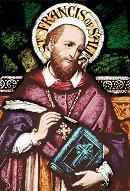




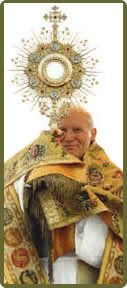






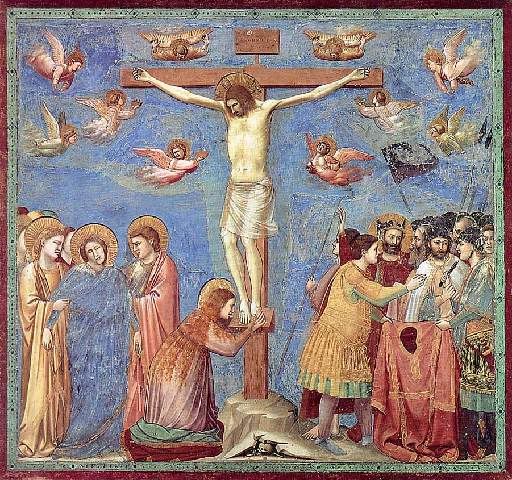
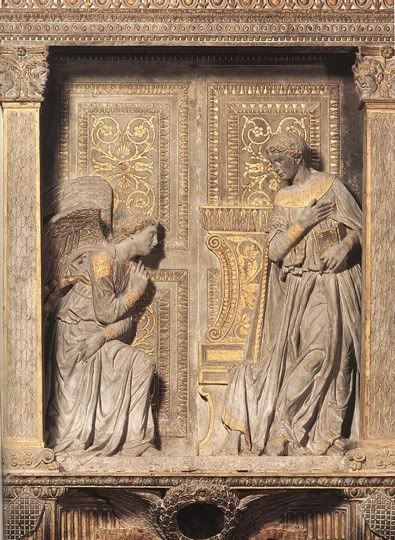
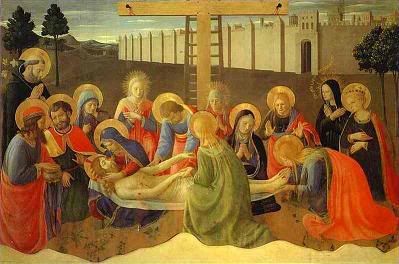
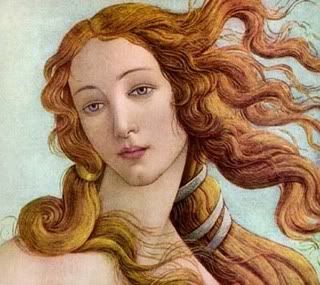
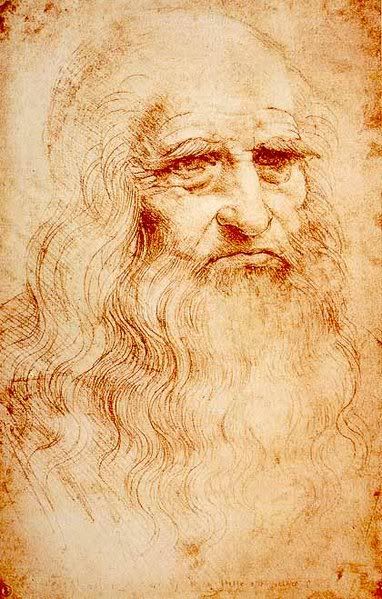
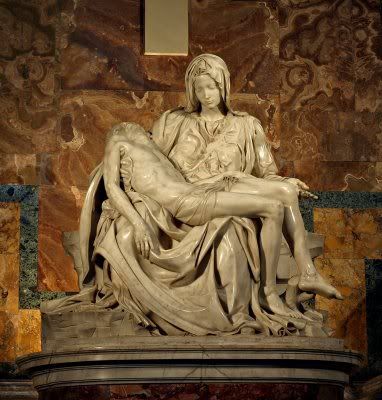

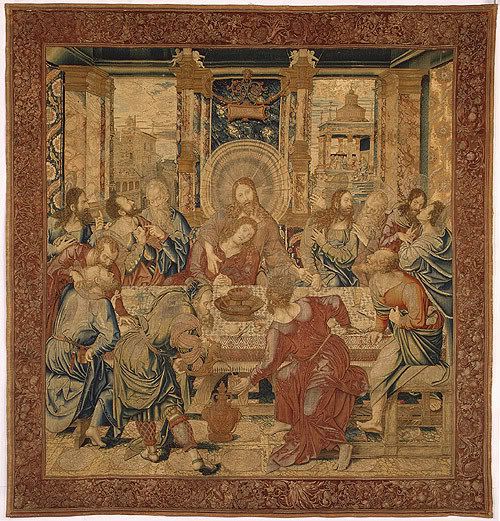
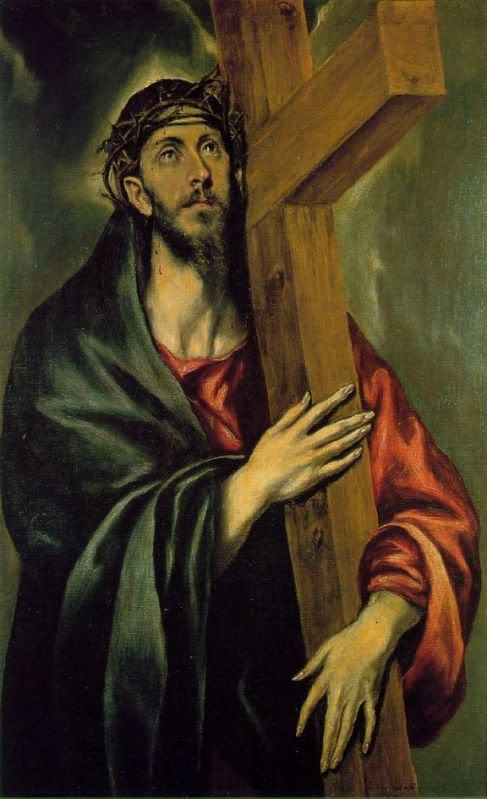


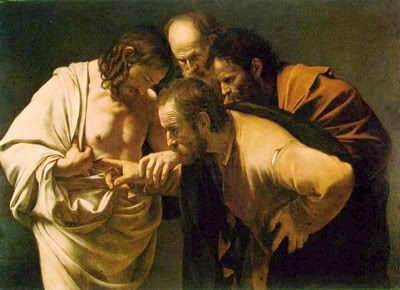
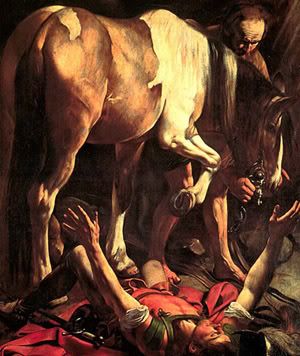
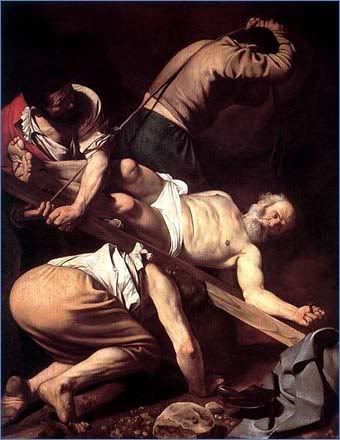
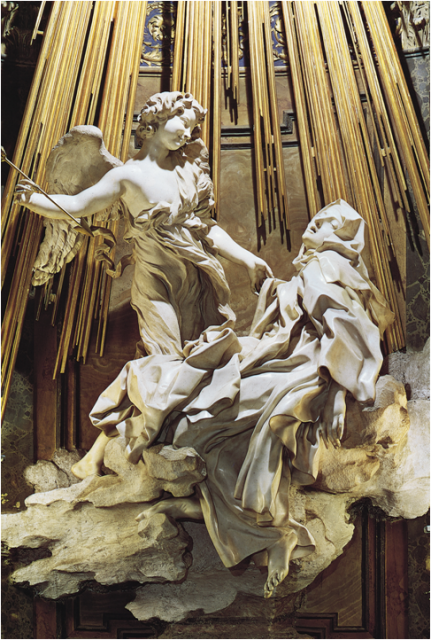
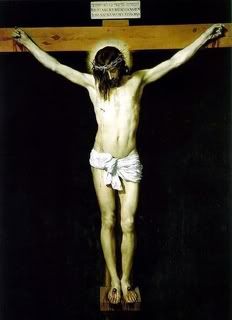




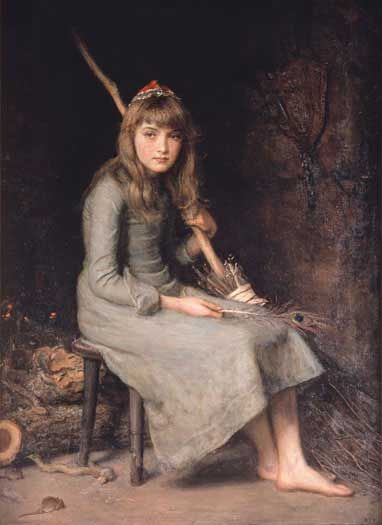
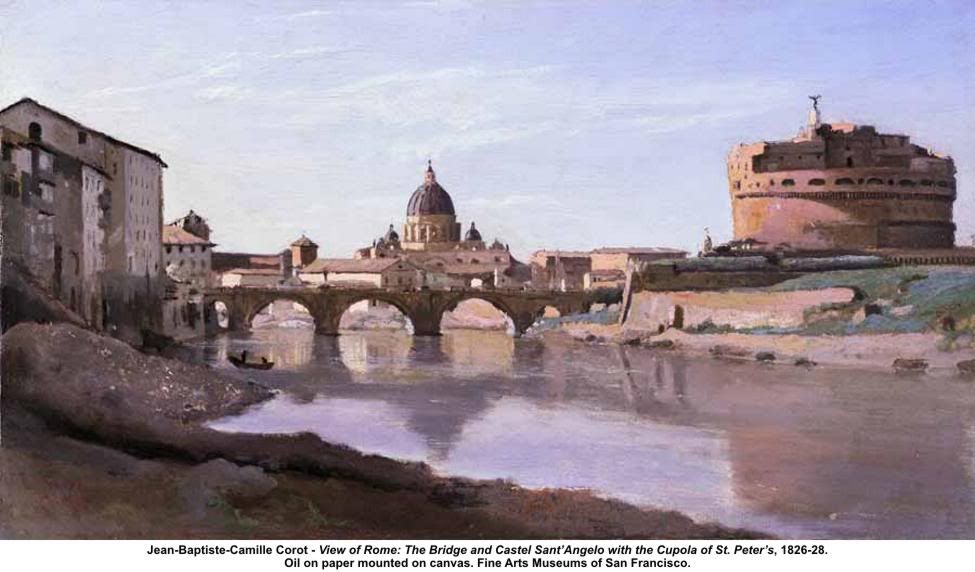

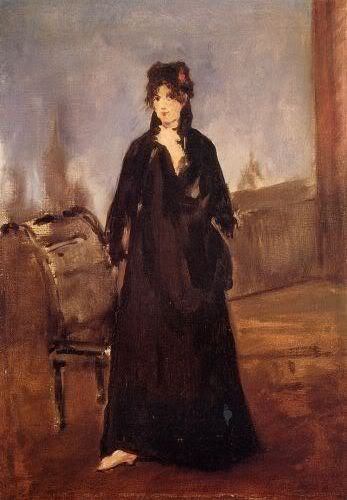
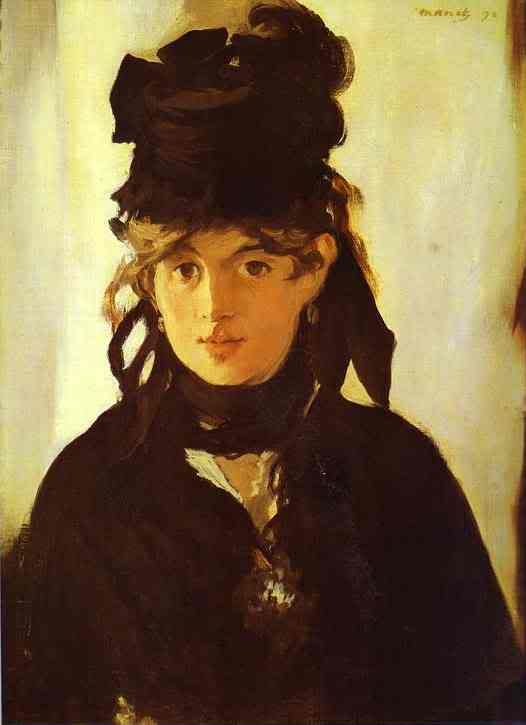
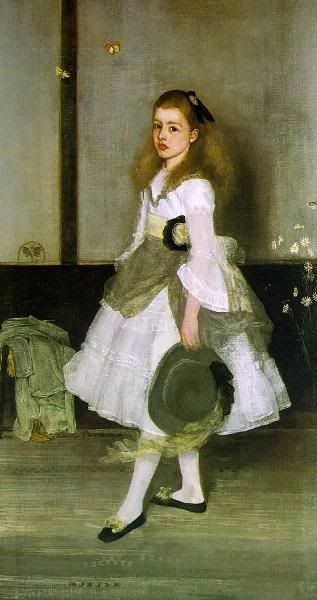
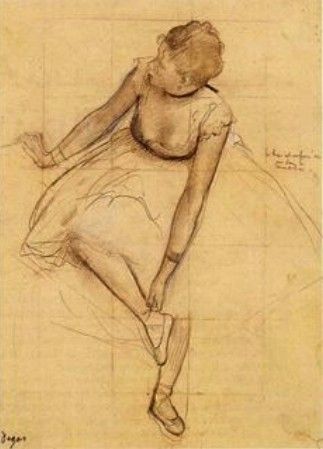
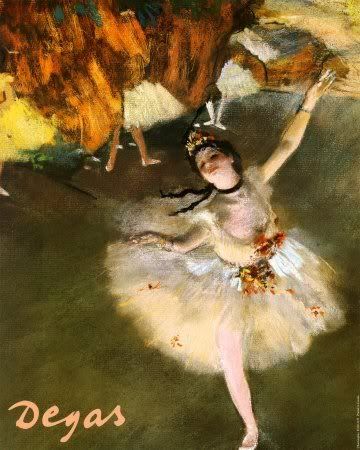
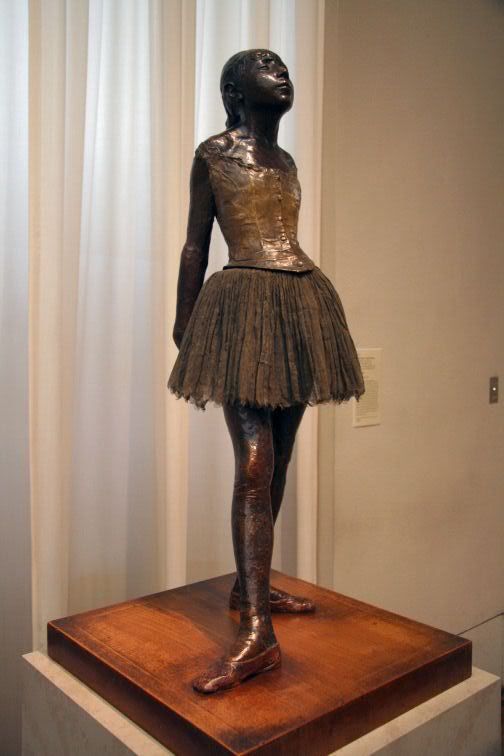
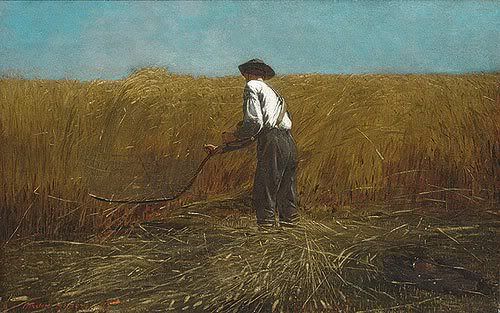
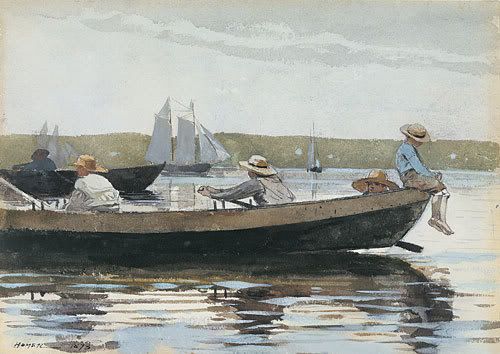
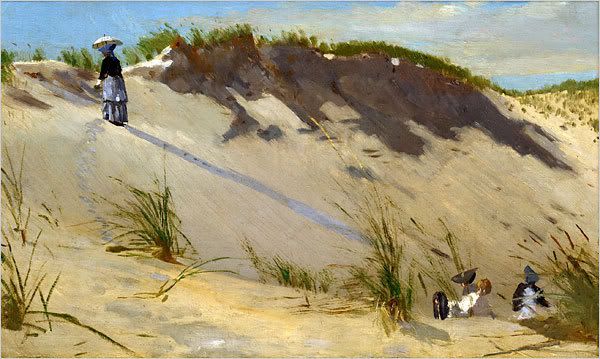
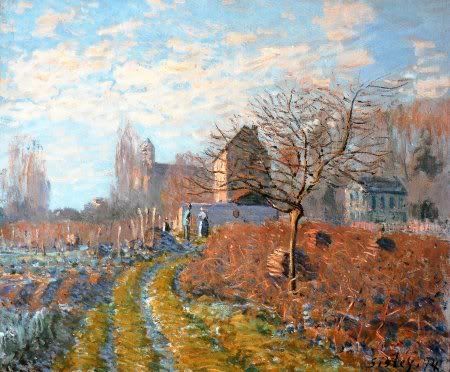

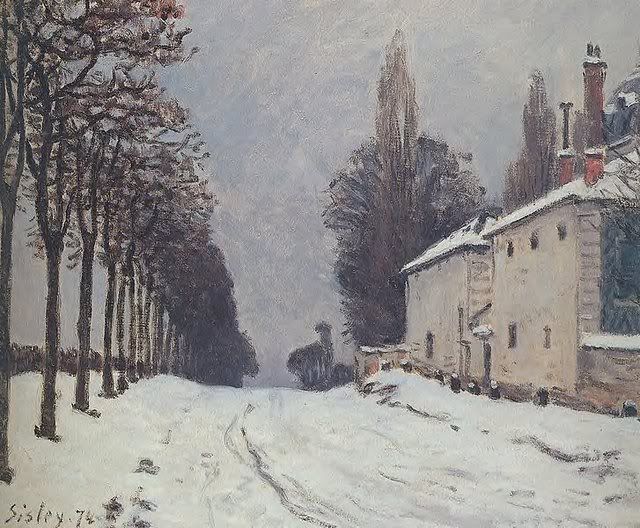
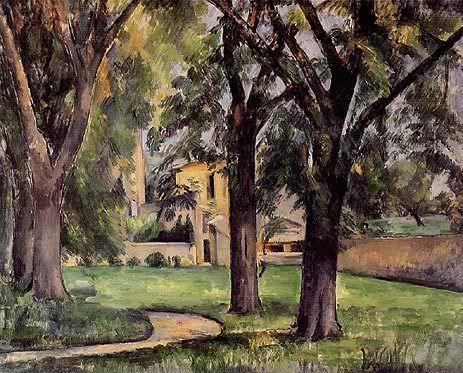

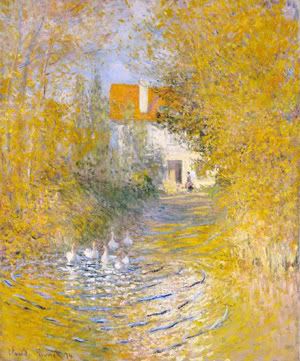
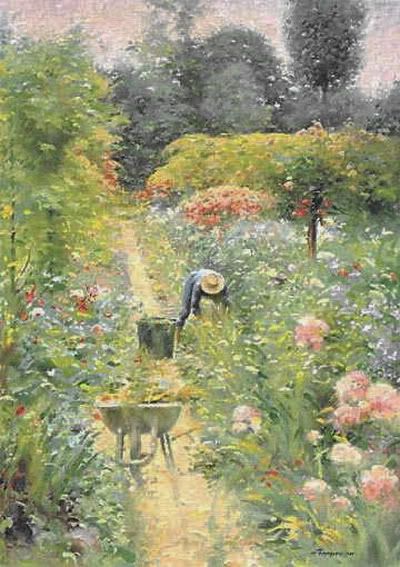
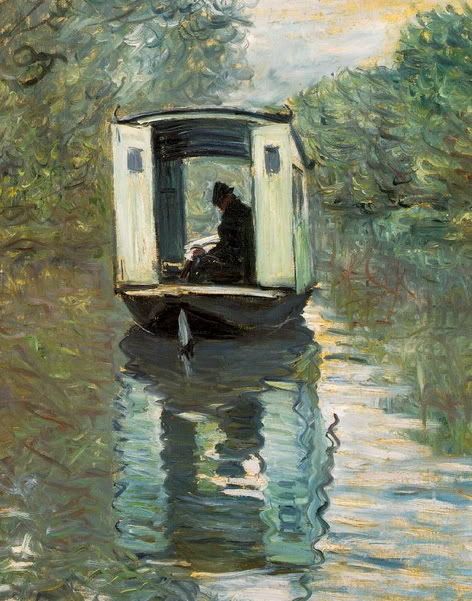
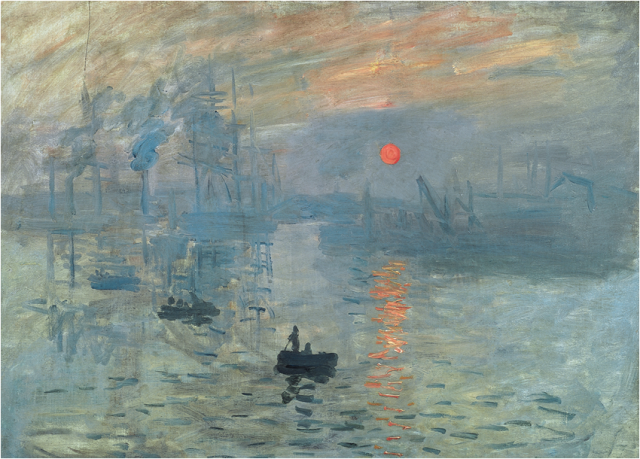
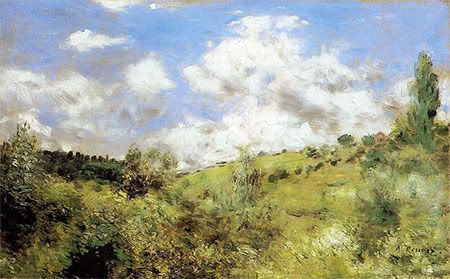
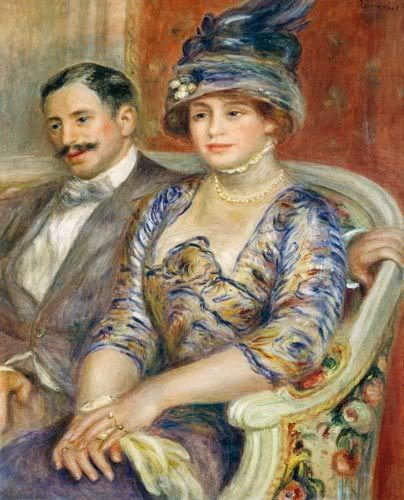
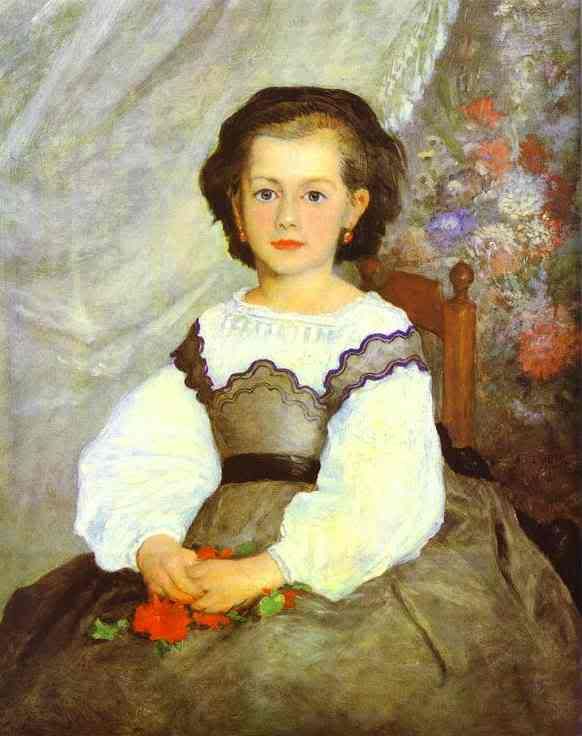
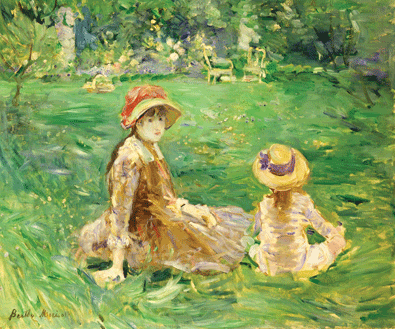
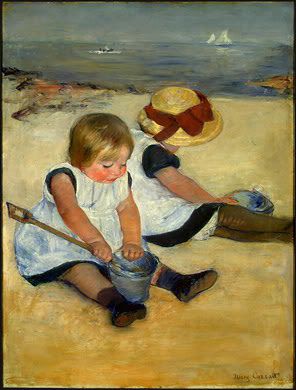
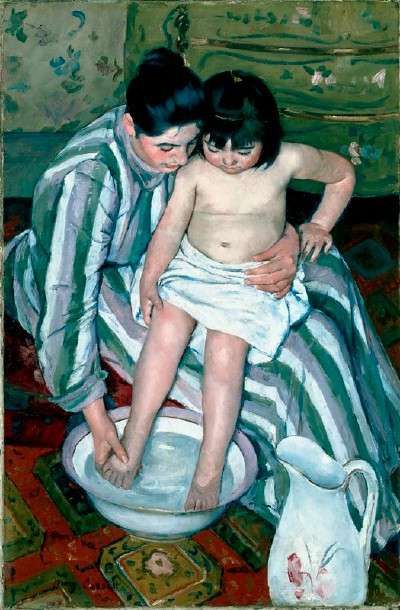
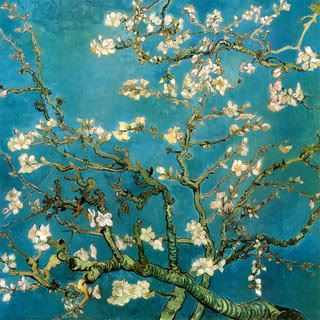
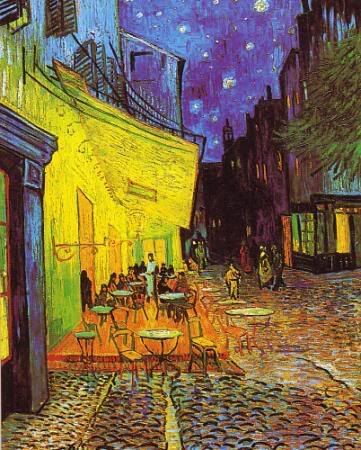


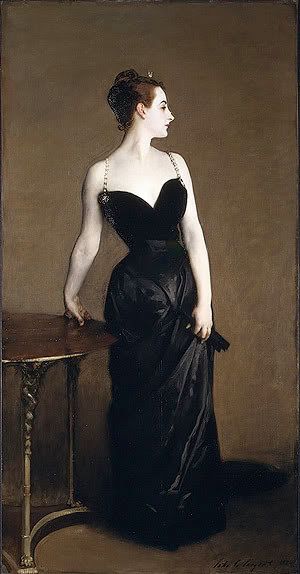

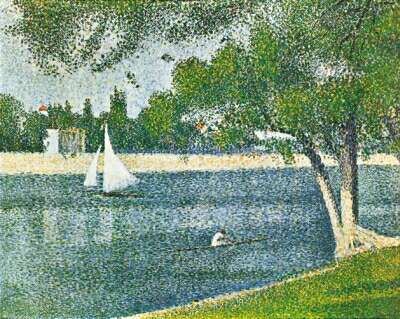
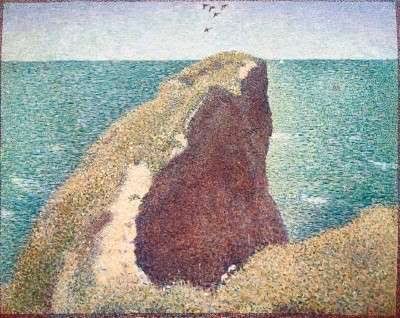


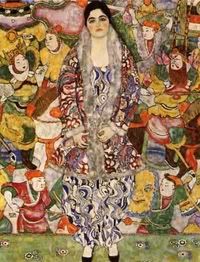

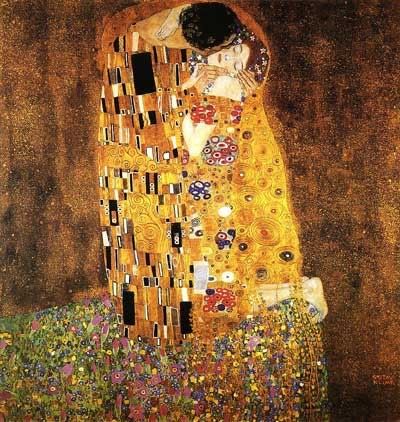

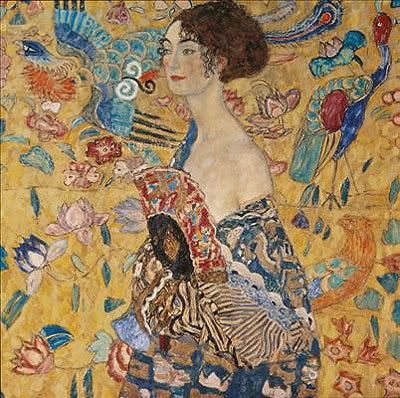
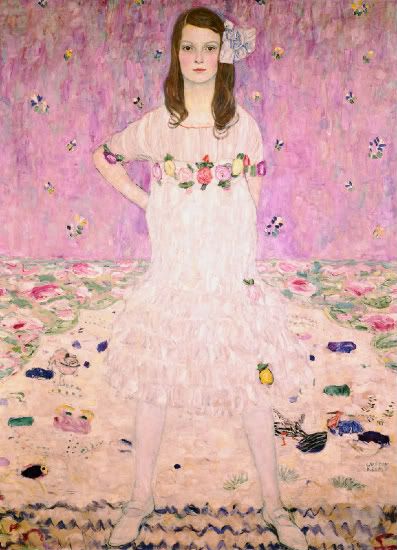


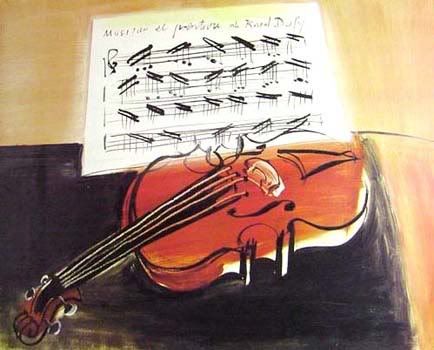
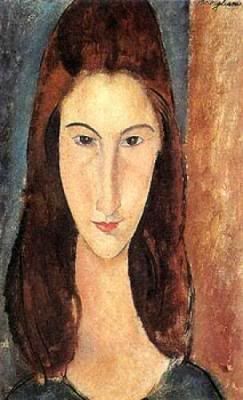



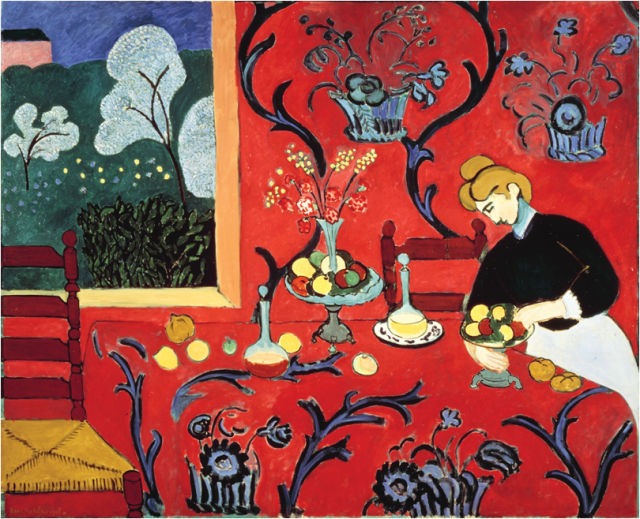
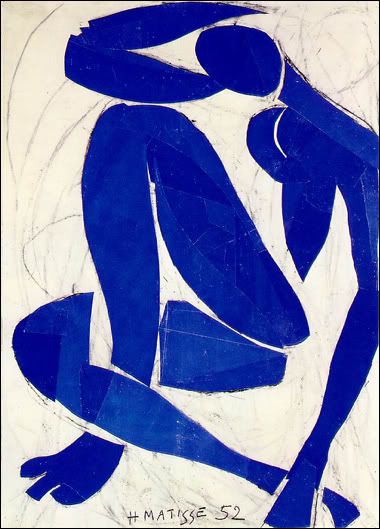
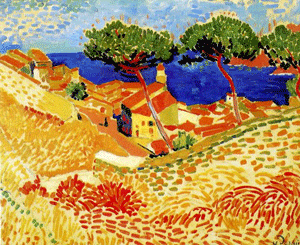
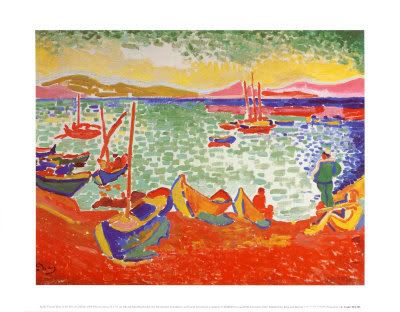


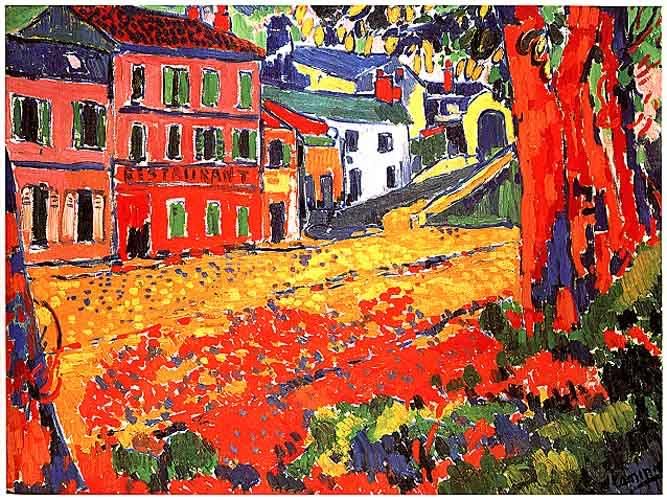
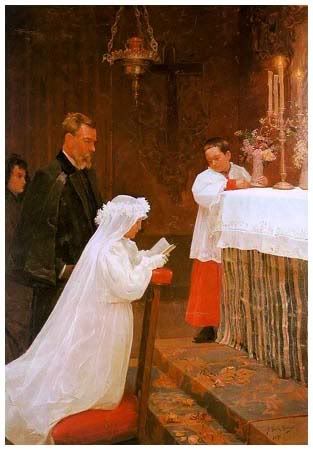
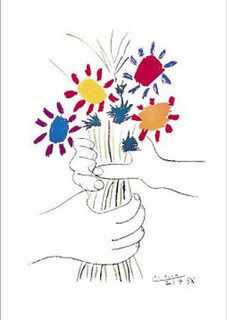



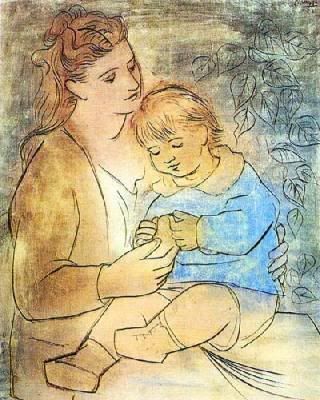

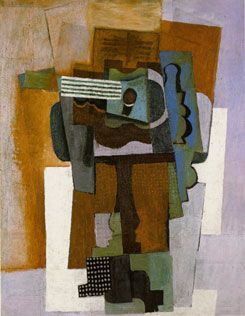
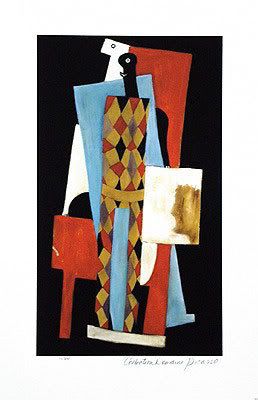







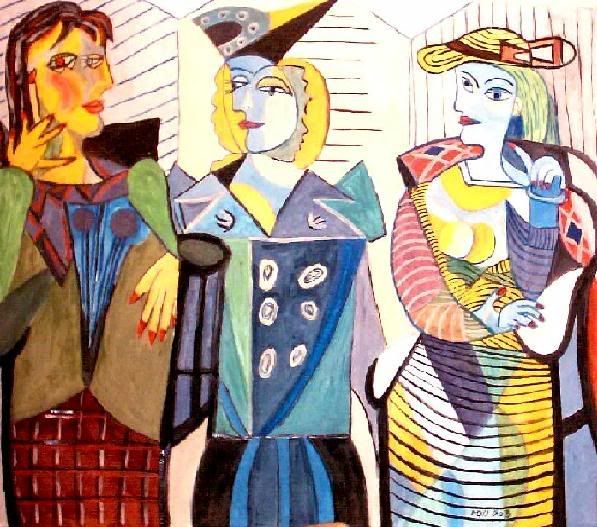

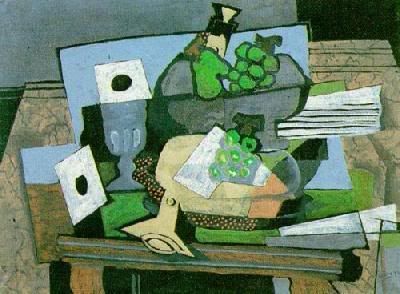


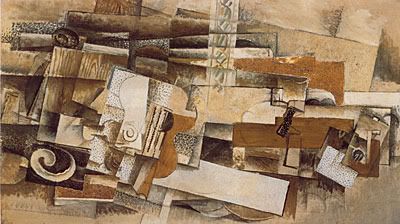
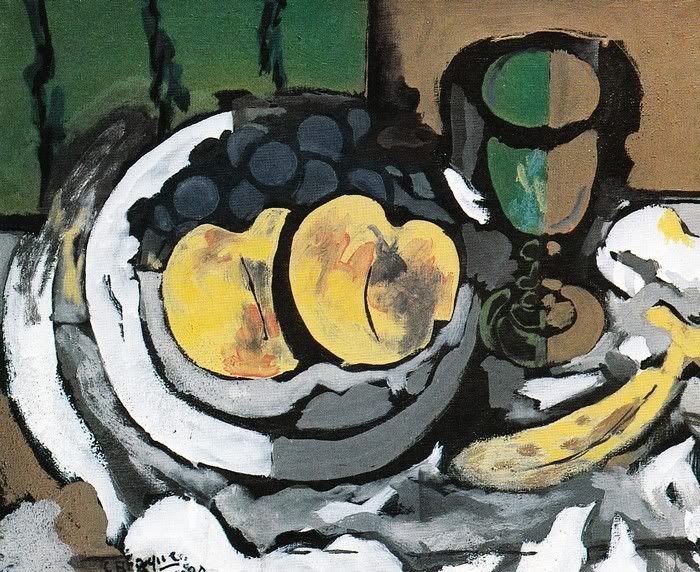
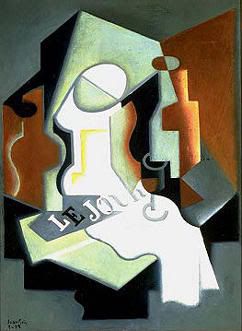




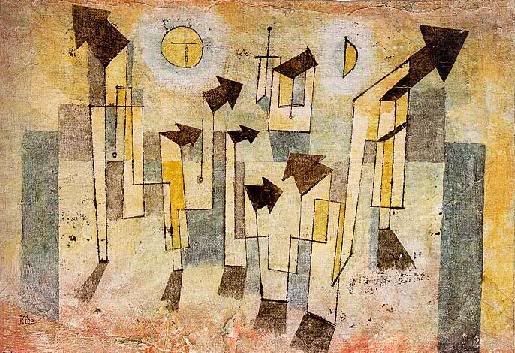



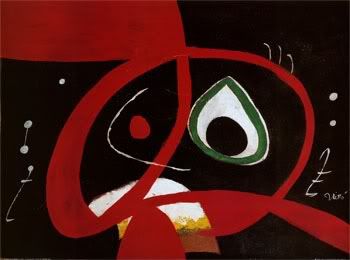
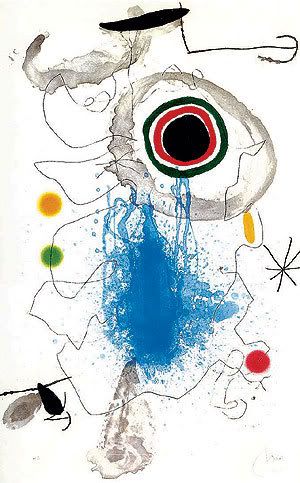


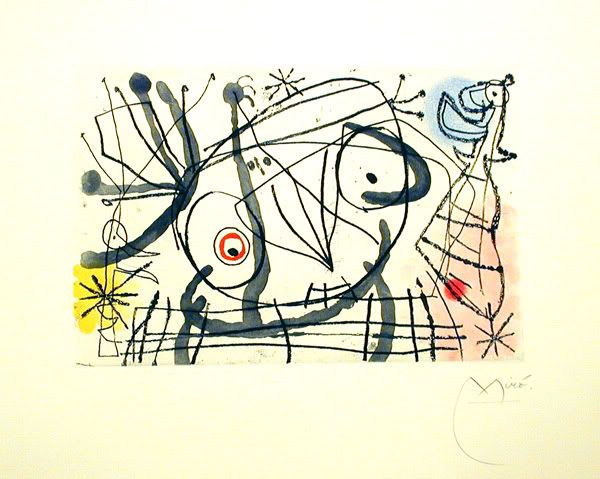





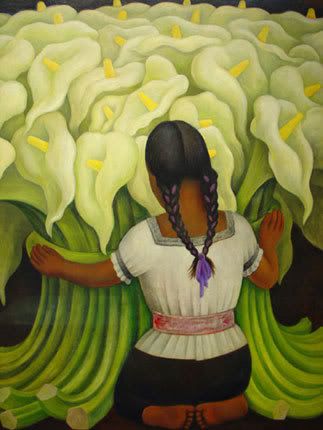










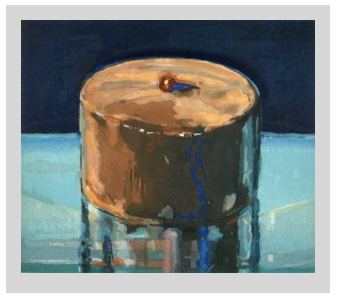






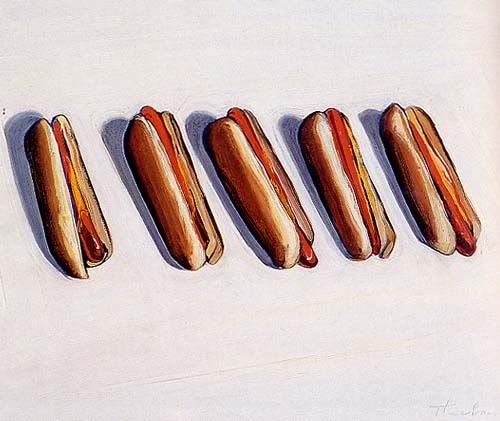


No comments:
Post a Comment